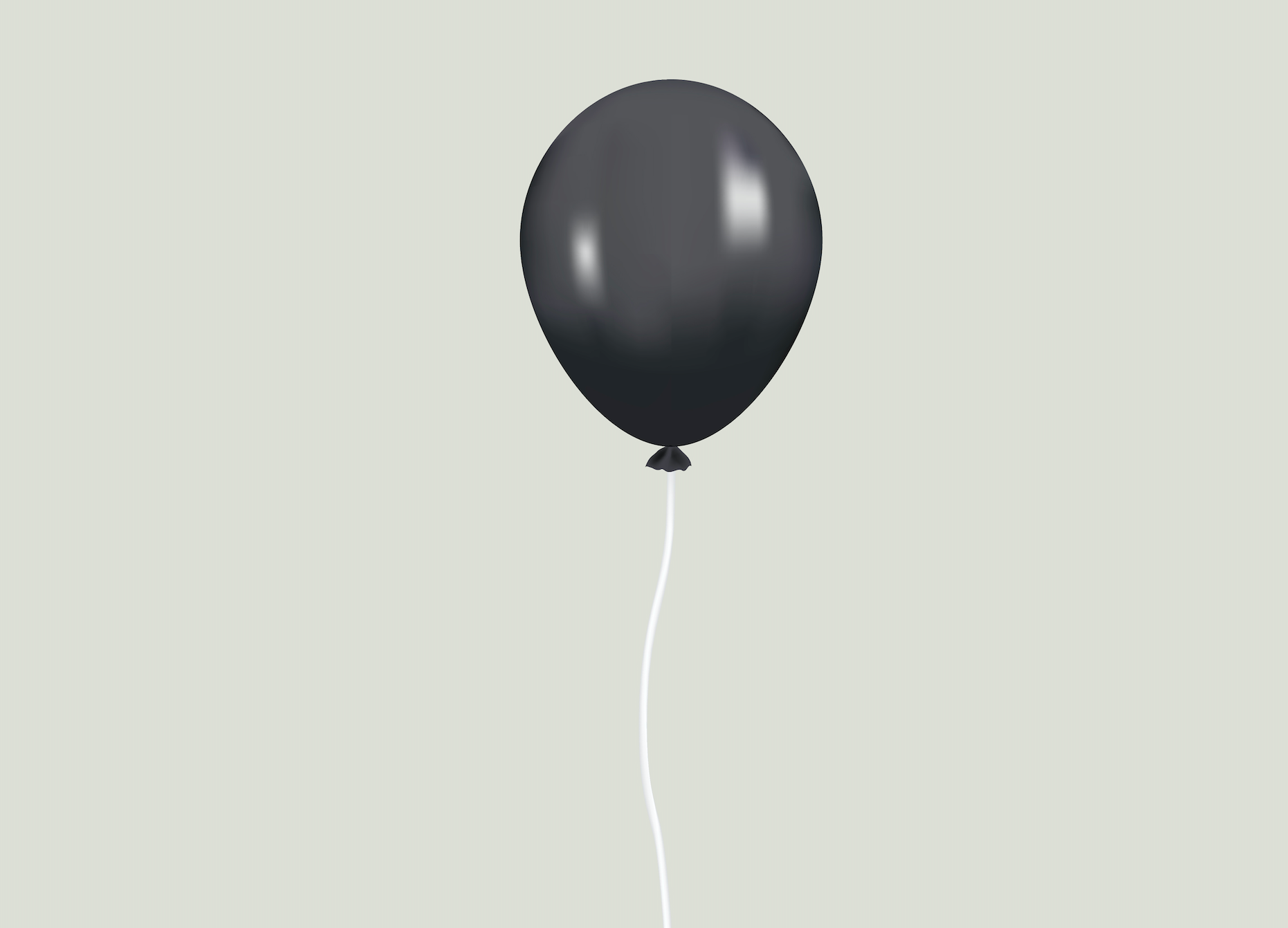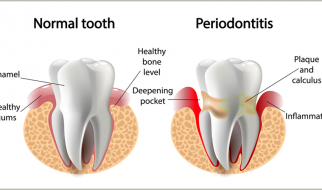Reclaim your ability to manage your emotions and respond to life with a sense of who you are
 Image from rawpixel.com
Image from rawpixel.com
Patience carries a wealth of wisdom for a calm life. It has long been recognised as a human strength.
?Genius is eternal patience?, says Michelangelo, an Italian artist, sculptor, and painter of the High Renaissance art movement.
In our busy world, many people expect everything to happen instantaneously and become instantly aggravated when it doesn?t. The smallest setbacks become a frustrating experience.
Patience is the very antidote to the stress of our fast-paced lifestyles. Patience is the ability to be calm in the face of disappointment, adversity or distress. Some people are more patient than others. But we can all work on it and improve ? you can learn how to do better.
With practice, you can get better at responding to adversity, and the many frustrations of with life and living it. ?Patience is linked to self-control, and consciously trying to regulate our emotions can help us train our self-control muscles,? writes Kira M. Newman, managing editor of Greater Good.
When you are impatient, you feel rushed, stressed and unhappy nearly all the time ? especially if the same situation repeats over and over again.
When you are impatient, your stress hormone levels rise, which in turn triggers the flight or fight response ? this can lead to a panic attack or an anxiety attack and generally a whole host of negative consequences on your health.
Impatience can also lead to snap judgments and decisions. People who lack patience are unable to delay gratification for more than the moment, which fills them with frustration.
Patience puts you in direct control of yourself. When you practice patience, you won?t lose your temper for the smallest mistakes at home, or at work.
?When you?re patient, you?re calmer, so you?re able to keep persisting when it?s difficult and you?re not prey to goal disengagement,? she says. ?You?re able to know when to act and when to conserve energy, ? says Sarah A. Schnitker, Ph.D., Associate Professor of Psychology and Neuroscience at Baylor University.
Patience increases your threshold of tolerance ? it gives you the foresight to expect setback on your path and to deal with them calmly.
A study on the examination of patience and well-being found that patience as a personality trait is modifiable. ?The program led to increased patience, decreased depression, and increased positive affect relative to a control condition, suggesting that patience may be modifiable,? Schnitker concluded.
If you find yourself getting frustrated and stressed more than you?d like, some of these ideas might help you control your emotions
First, identify your triggers. Some people are impatient around other people while some people may react to situations or objects.
Which situations set you off ? careless drivers, technological glitches, slow printers, slow-moving cashiers, etc. When you know what everyday scenarios that frustrate you, you can start changing your behaviour and apply positive changes in your life that?ll help you gain patience.
Reframe how you think about the situation. What do you tell yourself when are faced with a setback? It pays yo to evaluate the risk properly without overexaggerating the consequences.
?There?s something that you?re either saying to yourself, an image you have, a feeling in your body that is triggering that response, that you?re under threat,? argues M.J. Ryan, executive coach and author of The Power of Patience: How This Old-Fashioned Virtue Can Improve Your Life.
The things we tell ourselves in an uncomfortable situation determines our next response or action. ?Once you figure out what you?re telling yourself about the situation ? ?I can?t be bothered to wait in this line,? for example ? then you can address your internal concern, interrupt the stress response cycle and stay out of fight-or-flight mode,? says Anna Goldfarb of New York Times.
Reframe the situation differently. Instead of dwelling on your irritation, think about something productive you will do with your time later in the day. Letting go of your frustration in this way will instantly make you feel better
Think with your purpose in mind. Remember the benefits and importance of controlling your emotions or frustrations ? practicing patience in everyday situations will not only make life more pleasant in the present but might also help pave the way for a more satisfying future.
In other situations that don?t require immediate response, example when you are angry or caught up in an argument, ?walk it off?. Walking away from the situation allows you to think clearly, and refocus so that you can come back with a clear head and face the situation without fear of losing your temper.
Keep practicing. Getting control takes time. You can use other exercises like running, joining a sports group as a release outlet.
Keep identifying your triggers (you can even start a journal to keep track of situations that cause an impatient reaction) and keep applying the techniques here to manage your impatience.
?If you do it on a daily basis and then also connect it to that bigger picture story of why it?s important, it can grow and develop just like a muscle,? says Dr Schnitker.
Getting more patient involves conscious thoughts. Your capacity to alter your responses to adhere to better values in life will improve if you are mindful of your emotional discomfort.


